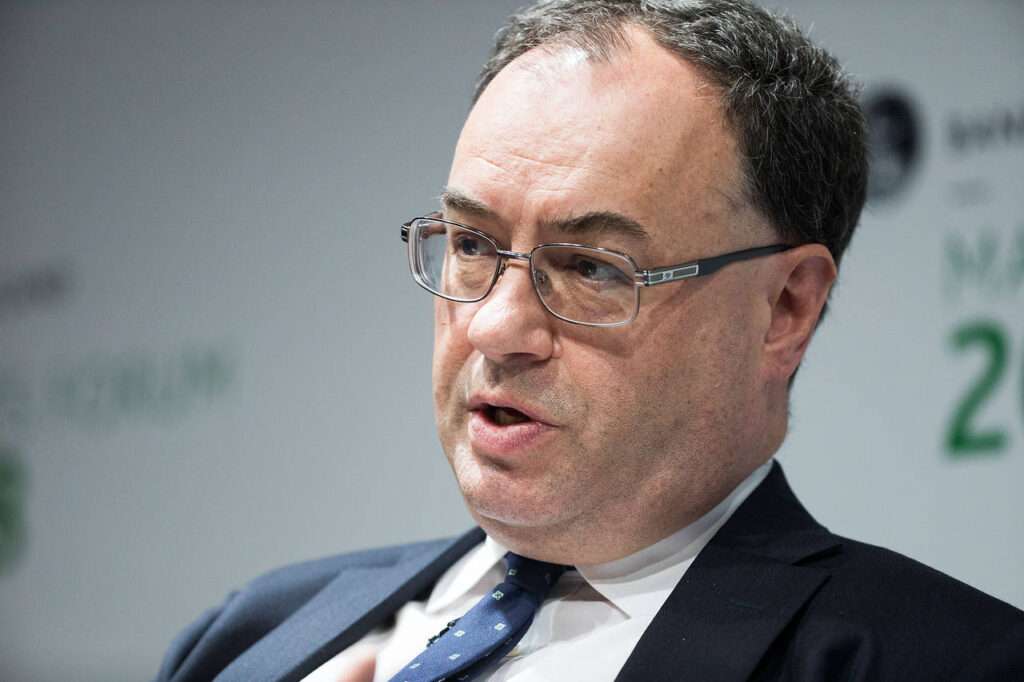Rachel Reeves has received a much-needed boost in her push for economic growth in the UK after the Bank of England announced a cut in interest rates. However, projections indicating a potential rise in inflation have dampened the optimism surrounding the decision.
While the rate cut is expected to provide relief for many businesses and households, the forecasted rise in inflation to 3.7% — higher than previous estimates — poses a challenge for the chancellor’s long-term economic plans.
Homeowners with a £300,000 tracker mortgage will see their monthly repayments drop by approximately £43, from £1,710 to £1,667.
However, growth expectations have been revised downward due to additional NHS spending outlined in Ms. Reeves’ budget last year. The economic outlook remains mixed, as the chancellor continues to face speculation about her ability to navigate the Treasury effectively.
The announcement follows Ms. Reeves’ major economic speech last week, where she reaffirmed her commitment to economic growth in the UK, unveiling proposals for large-scale infrastructure projects, including a new runway at Heathrow Airport.
Downing Street has backed her position, emphasizing that she will remain in office for the entirety of this Parliament.
The Bank of England’s governor, Andrew Bailey, acknowledged the mixed response, saying, “It will be welcome news to many that we have been able to cut interest rates again today.”
He assured that the bank would continue monitoring both domestic and global economic trends closely, emphasizing, “Low and stable inflation is the foundation of a healthy economy, and it’s the Bank of England’s job to ensure that.”
The Bank’s rate-setting Monetary Policy Committee (MPC) voted 7 to 2 in favor of reducing interest rates, with two members advocating for an even larger 0.5% cut.
However, the Bank downgraded its growth forecast, projecting that GDP fell by 0.1% in the fourth quarter of 2024 and will only increase by 0.1% in the first quarter of 2025.

Businesses and Unions Welcome the Decision
The interest rate cut has been met with widespread approval across the political spectrum, as well as among business leaders and trade unions.
“This rate cut is badly needed to help lift the economy out of stagnation. The Bank must now keep moving with further cuts to support households and businesses in the months ahead.”
TUC General Secretary Paul Nowak
Nowak noted that lower borrowing costs would ease financial pressures on families while enabling businesses to invest and expand.
Alpesh Paleja, deputy chief economist at the Confederation of British Industry (CBI), echoed these sentiments: “Today’s cut to interest rates was in line with our expectations and reinforces our view of a gradual loosening in monetary policy over this year.” However, he cautioned that conflicting economic factors were making the Monetary Policy Committee’s decisions increasingly complex.
“The CBI’s surveys show that business growth and hiring expectations have weakened. But inflation expectations are picking up, exacerbated by the rise in employment costs arising from October’s Budget.”
Alpesh Paleja
The broader economic picture remains uncertain. While further rate cuts are anticipated, Paleja stressed that “risks to this forecast are now balanced in either direction. Incoming data over the coming months will be key in determining how the MPC will move next.”
In response to concerns about rising inflation, Downing Street defended the government’s decision to invest in the NHS, asserting that it was “good for the economy and good for growth.”
The government also pointed to the Office for Budget Responsibility’s latest forecast, which projects inflation to remain close to the 2% target despite short-term fluctuations.
As the UK grapples with balancing economic recovery and inflation control, all eyes will be on future decisions from the Bank of England and their impact on businesses, households, and broader economic growth in the UK.
READ ALSO: GSE Sees Positive Momentum as Bulls Return




















